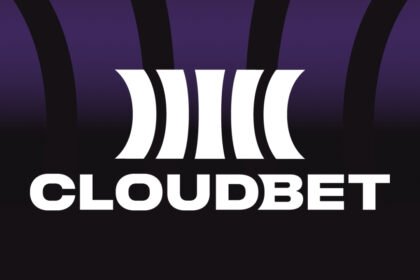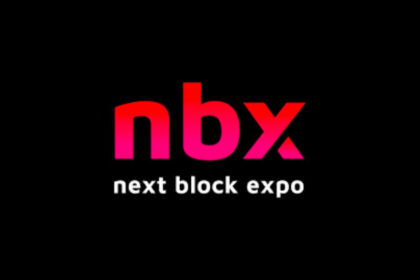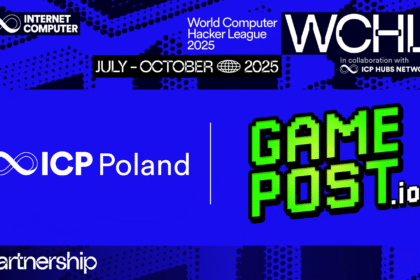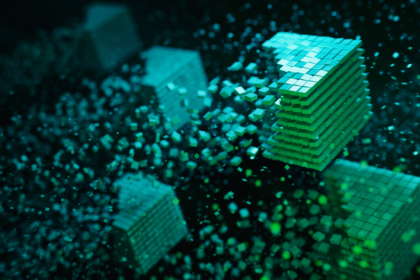The rise of blockchain technology has unlocked incredible opportunities to merge virtual and physical worlds. Among the most intriguing developments is the concept of Real-World Asset (RWA) projects—initiatives that tokenize physical assets and bring them to the blockchain. But can a game, typically thought of as pure entertainment, function as an RWA project? This question is shaping how we view the intersection of gaming, finance, and technology.
What Are Real-World (RWA) Asset Projects?
At its core, an RWA project uses blockchain to tokenize physical assets such as real estate, precious metals, or even fine art. These tokens represent ownership or shares of the asset, allowing them to be traded on decentralized platforms. The result is a system that offers transparency, liquidity, and global accessibility.
Games, by contrast, have always existed in the digital realm, but blockchain gaming adds a new layer of potential. By tokenizing in-game assets such as land, items, or currencies and giving them real-world value, games are inching closer to the RWA framework. In some cases, these assets may even be linked to physical resources, creating a direct bridge between gameplay and tangible value.
The Intersection of Gaming and Real-World Assets
Blockchain gaming projects like “Decentraland” and “The Sandbox” have already proven that virtual assets can hold significant real-world value. Players buy and trade virtual land, often for substantial sums, which has fostered a digital economy with tangible impact. This economic activity lays the groundwork for games to evolve into full-fledged RWA projects.
Some pioneering games are taking this a step further by directly connecting in-game assets to physical resources. For example, a game might allow players to mine virtual gold backed by actual reserves or trade NFTs representing stakes in physical real estate. These integrations highlight how blockchain games can act as both entertainment and investment platforms, appealing to gamers and investors alike.
For a closer look at how blockchain gaming integrates assets, check out this insightful guide.
The Benefits of RWA Integration in Gaming
When games incorporate RWAs, they unlock unique advantages. Players gain tangible rewards for their efforts, turning digital achievements into real-world benefits. This model also attracts a wider audience, including those more interested in the underlying asset value than the gameplay itself. Additionally, blockchain’s transparency ensures that ownership and transactions are secure and verifiable, fostering trust in these hybrid ecosystems.
Challenges to Overcome
Despite the exciting potential, integrating RWAs into gaming is not without obstacles. Regulatory compliance is a major hurdle, as tokenizing physical assets often involves navigating complex legal frameworks. Developers also face the challenge of ensuring the accurate valuation and safe storage of physical assets. Moreover, designing a game that seamlessly blends entertainment and financial incentives without making gameplay overly transactional is no small feat.
Scalability and accessibility are equally critical. For games to function effectively as RWA projects, they need to cater to diverse audiences while keeping participation barriers low. Exploring the role of NFTs in making games more accessible provides valuable insights into tackling these issues.
The Road Ahead: Games as RWA Projects
As blockchain technology advances, the line between gaming and RWAs will continue to blur. Future games may not only tokenize digital assets but also integrate physical commodities, creating ecosystems where virtual progress translates into real-world wealth. These innovations could redefine gaming as a gateway to investment, merging entertainment with financial empowerment.
Realizing this vision will require collaboration across industries. Developers, blockchain experts, and regulators must work together to address challenges and create frameworks that support these hybrid projects. Transparency, education, and robust infrastructure will be essential for success.
Final Thoughts
The idea of a game as an RWA project is no longer a far-fetched concept. By tokenizing assets and linking them to tangible value, blockchain gaming is poised to revolutionize both entertainment and investment. As these worlds converge, players may soon find that their digital achievements carry weight in the physical world. The future of gaming isn’t just virtual; it’s a gateway to real-world opportunities.









